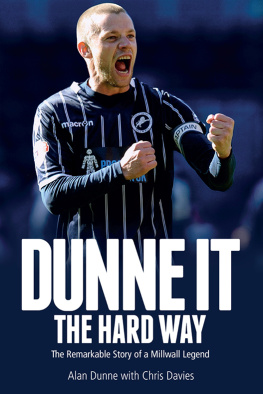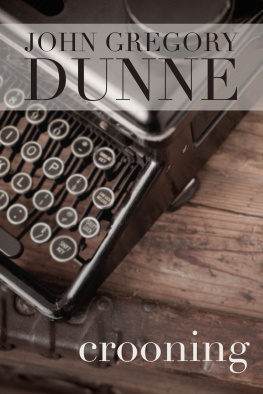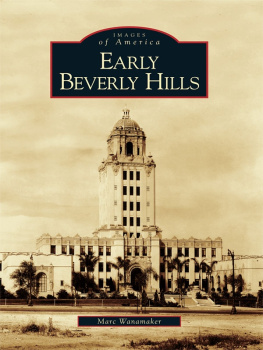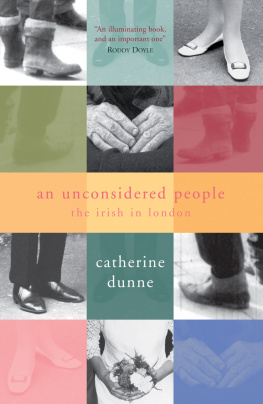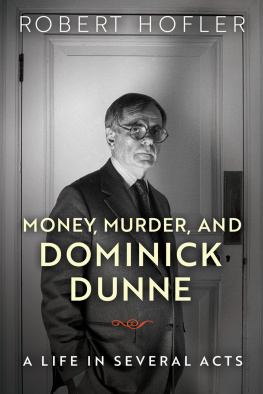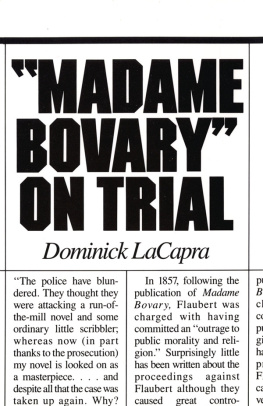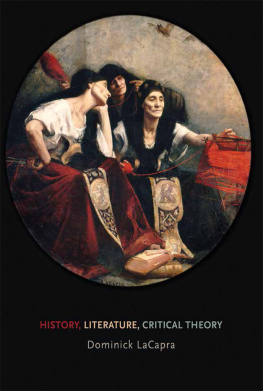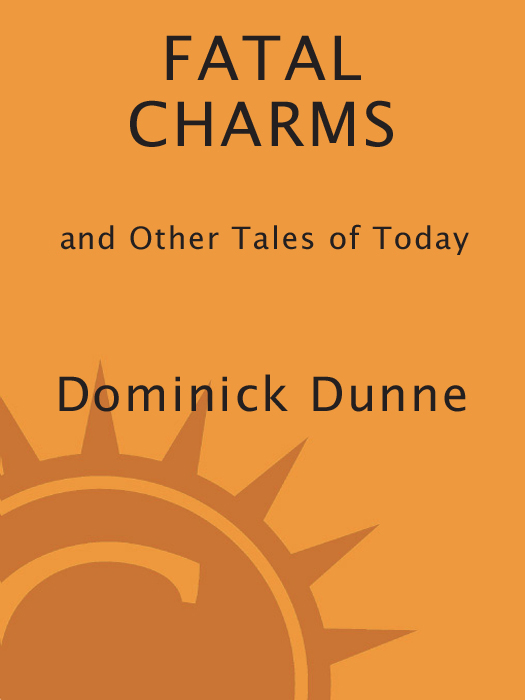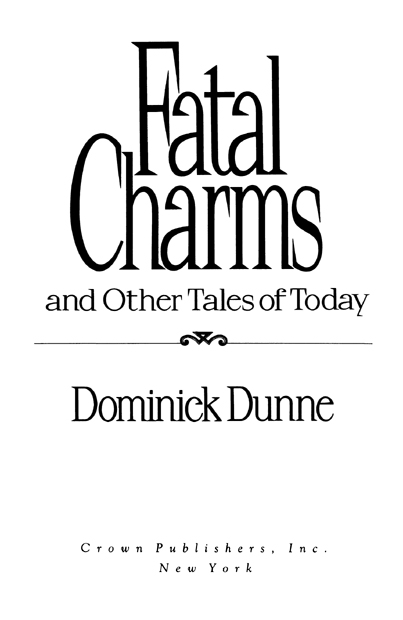A LSO BY D OMINICK D UNNE
The Winners
The Two Mrs. Grenvilles
All of the authors stories in this book were initially published in Vanity Fair.
Copyright 1987 by Dominick Dunne
All rights reserved. No part of this book may be reproduced or transmitted in any form or by any means, electronic or mechanical, including photocopying, recording, or by any information storage and retrieval system, without permission in writing from the publisher.
Published by Crown Publishers, Inc. 225 Park Avenue South, New York 10003 and represented in Canada by the Canadian MANDA Group.
CROWN is a trademark of Crown Publishers, Inc.
Library of Congress Cataloging-in-Publication Data
Dunne, Dominick.
Fatal charms and other tales of today.
I. Title.
PS3554.U492F3 1987 814.54 86-16834
eISBN: 978-0-307-81502-6
v3.1
For E.G.D. with love
Contents
Photographs appear after .
A Word on a Late Start

S EVERAL YEARS ago, when breaking up a house I had lived in for years in California, I came across a long-forgotten box of letters from World War II which I, as a young soldier of eighteen and nineteen, wrote to my mother, father, and sisters from several combat zones in the European theater of operations. In the same box were letters that my family had written to me in return that I must have carried around in my pack and saved. Reading what I wrote to my family, and what my family wrote back to me, after thirty-five years was an eerie experience: an almost day-by-day account of their life in Hartford, Connecticut, during wartime concurrent with mine as a teenage private in France, Belgium, and Germany in 1944 and 1945. More startling than our separate histories, however, was the revision of a resentment I had long nurtured about my late father. For years I believed he had considered me to be a disappointment as a son because my interests were always more artistic than athletic. To my astonishment his letters were filled not with the stern admonishments which were my memory of him but with pride that I was fighting for my country, admiration for my descriptions of the events of war, and some long-term advice that I should give some thought, after completing college, to a career in writing.
I didnt take his advice. My father died before I finished Williams College, and my life choices were my own to make. I had been bitten by the theater bug at Williams and decided on a career in television in New York during that early period of live drama that has subsequently become known as the Golden Age. Then came Hollywood where I spent twenty-four years in television and movies as both a producer and studio executive, and began a long fascination not only with the film industry but also with the social life of the industry, where so many of the business decisions had their genesis.
Within me lurked some sort of documentarians need to record the extraordinary insiders life that became available to me. For nearly a decade I kept copious scrapbooks and photograph albums with the intensity of someone who knew that none of it was going to last, at least for the recorder of the events. In these books are pictures of my serene and beautiful wife and our children staring out from a variety of exotic settings, and invitations to and photographs of party after party after party. There is a photograph of Natalie Wood applying lipstick, using the blade of a dinner party knife as a mirror; there is Cecil Beaton using a spoon to eat the ice cream from an ice-cream cone; there is Warren Beatty playing the piano in black tie at a Vincente Minnelli party; there is Truman Capote in a deep dancing dip with Tuesday Weld; there is a married acting couple called Nancy Davis and Ronald Reagan who, even then, before politics, were gazing fondly at each other.
In 1978 I repaired to a small cabin in the Cascade Mountains of Oregon to lick the wounds of defeat in Hollywood. My once glamorous life in that community had gone awry, and the pain of a failed marriage that I was not able to let go of, and a failed career that had let go of me, had led me to self-destructive excesses. It was there in the cabin on the Metolius River near a community called Camp Sherman that I finally took up my fathers wartime advice and began writing a novel. The process of writing was not unknown to me. In my previous career I always worked closely with writers and, long before I began to write, I often read the in-progress work of my writer friends and felt creative stirrings. An inner contentment that had long eluded me began to come back in Oregon, and I gave serious thought to remaining permanently in that sylvan glade.
Then two things happened. I received a surprising letter from Truman Capote, another dabbler in self-destructive excesses. A longtime acquaintance, although never a friend, he had several times been a guest at our house in Beverly Hills during the jubilant days of my marriage. His was a letter of encouragement and admiration that I had dropped out of my life in order to try to pull it together again. Perhaps he knew it was what he should have done himself. But remember this, he wrote, that is not where you belong, and when you get out of it what you went there to get, you have to come back to your own life. Shortly thereafter one of my brothers committed suicide, and I flew east from Oregon to attend his funeral. It was then that I realized it was time for me to begin another chapter.
I returned to Beverly Hills just long enough to sell every possession I once thought I could never live withoutpictures, furniture, even all my booksand with two suitcases and a typewriter moved to a little apartment in Greenwich Village to start a new life and a new career. I finished the book I began in Oregon, and it was published with not only no stir but also with a lousy review in the New York Times. However, I was thrilled that at past fifty I was published at all and even reviewed in the Times, no matter how badly, and, undeterred, I set about writing a new novel that eventually became The Two Mrs. Grenvilles.
At five oclock in the morning on October 31, 1982, I received a call in my New York apartment from a detective in Beverly Hills to tell me that my youngest child and only daughter, Dominique, had been brutally attacked by a former boyfriend of hers and taken to Cedars-Sinai Hospital in Los Angeles. My wife, Lenny, with whom I had remained friendly after the divorce, got on the telephone after the detective. Suffering now from multiple sclerosis and confined to a wheelchair, she filled me in on the terrible details. When I hung up, I knew from her that there was no hope for our daughter. My sons and I left for Los Angeles immediately and, for over a year, until after the trial of John Sweeney for the murder of my daughter, the lives of all of us simply stopped.
One night in New York a week or so before I was to return to Los Angeles for the beginning of the trial, I attended a small dinner party at the home of the writer Marie Brenner. Sitting next to me was a young and attractive Englishwoman by the name of Tina Brown, who had been described to me by Marie as the person who had single-handedly saved the


